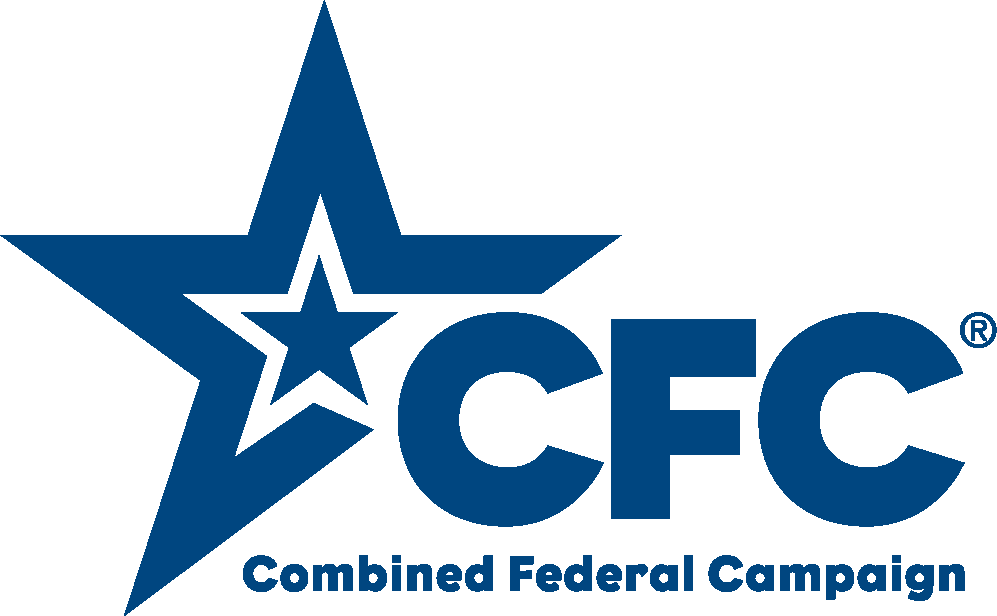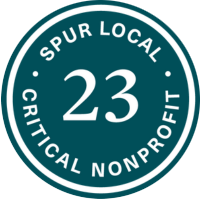When I think about social justice, I feel I have come to terms with what it means to work towards change in many of my identities — as a white person, as a cisgender man, and as a queer person to name a few. But as a Jewish person? What does that look like?
What strikes me is that my Jewish story — my family escaping the Holocaust in Poland and the diaspora that followed — is what drives me to want to see a better world for us all. I know that it was my pride and love of being Jewish that pushed me to be a part of the counterprotests in D.C. on Sunday, August 12th, rallying against the antisemitism and racism of Nazis and white supremacists gathering in our nation’s capital. And yet there are still these moments of confusion, of questioning, of trying to figure out what it means for me in this social and political moment to be present in my full Jewishness.
Last Tuesday, two days after the counterprotests, I went to my first Community Convening with Jews United for Justice. I needed to process what was going on in the world, and I wanted a space that centered Jewish identity. What made this particular night resonate with me was that JUFJ was intentional in naming the convening as a place to reflect on Sunday’s events. I did not know what to expect, but quickly I felt a sense of being home.
This sense was strengthened when we engaged in our text study or havruta. Through havruta, another attendee and I were able to share our Jewish experience with one another as we reflected on the text and the questions it posed. Although I at first felt uncomfortable, it became clear to me that my partner and I were both invested in hearing and supporting each other. We were not there to debate, but to listen and understand.
As we transitioned into a group discussion around the organizing tactics of white supremacists and Nazis, I could feel some tension in the room. We were talking about people that have hate for who we are. But the feeling soon changed. Our facilitators began sharing about our power to organize, and how we can support each other in doing so. We practiced one-to-ones, a method of engaging with folks in our communities, learning about what issues concern them, and working towards a larger coalition for social change.
Essentially, what we were saying was that there was power in that room, and that we in our Jewishness can be part of something beautiful and something just for the future.
I can only speak from my experience that night, and I am curious to know how others are feeling and what their reflections look like after the convening. What I can say though, is that I am incredibly grateful for the time I had last Tuesday, and that I am looking forward to the next time we come together.
Jeremy (he, him, his)







